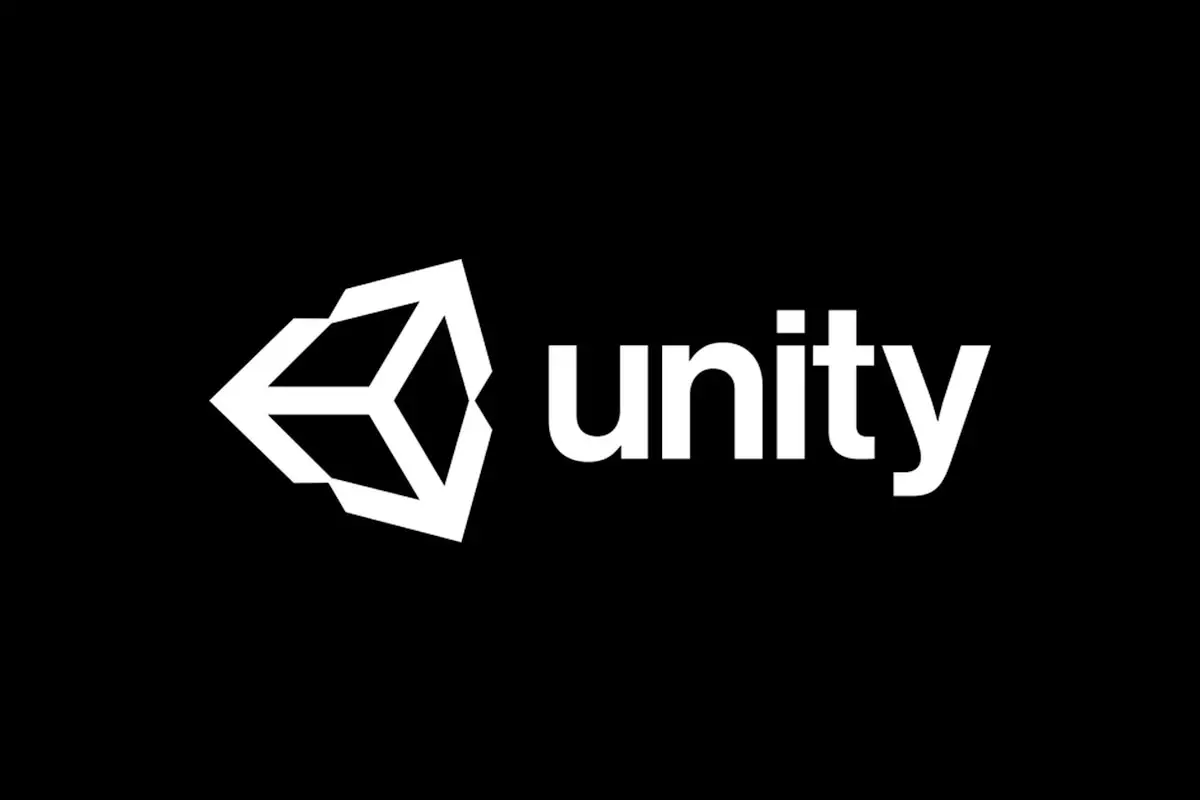Unity, the popular cross-platform game engine, recently caused a stir in the gaming community by announcing significant changes to its fee structure. The company’s new ‘Unity Runtime Fee’ has ignited outrage among indie developers worldwide. The fee, which will be charged every time a game built on Unity’s engine is installed, has left developers feeling upset, confused, and concerned about their financial stability. While the new pricing structure only applies to developers who have surpassed a certain threshold of sales or download numbers, the lack of clarity and transparency surrounding the fee’s implementation has further exacerbated the situation.
Unity’s new fee structure is set to take effect on January 1, 2024. The fee is tiered based on the subscription model chosen by developers, with varying costs for different plans. Smaller creators who utilize Unity Personal or Unity Plus will be required to pay $0.20 per download once their game exceeds $200,000 in revenue and 200,000 installs in one year. This means that these developers could potentially owe Unity approximately $40,000 annually. On the other hand, AAA developers using Unity Pro and Unity Enterprise face a higher threshold of $1 million in revenue and 1 million lifetime installs before the Runtime Fee is imposed.
The introduction of the Unity Runtime Fee has elicited strong criticism from developers who argue that the fee structure could lead to their financial ruin. Some developers have pointed out that it would be easy for users to pirate games, repeatedly download and delete them, and thereby increase a studio’s charges. Unity’s response to these concerns has been vague, referring to their ongoing ‘fraud detection practices’ as a starting point in preventing studios from being charged for games they never sold. However, the company has not provided concrete solutions and is actively working to address this issue.
The new fees imposed by Unity also have significant implications for freemium games that generate revenue through in-game purchases. These games may find themselves forced to pay more than they earned, solely due to the high number of downloads within a year. However, games downloaded through subscription plans like Xbox Game Pass will have the fee charged to the distributors, such as Microsoft. Unity has not provided details on how it tracks install numbers, leading to doubts about the accuracy and transparency of their ‘proprietary data model.’
In response to the Unity Runtime Fee, some developers have expressed their discontent and frustration with Unity. Massive Monster, a studio specializing in Unity, has even threatened to remove their highly acclaimed game Cult of the Lamb from storefronts starting on January 1. The studio’s other projects have also been delayed as the team explores alternative engines and workflows. Among Us developer, Innersloth, has confirmed that removing the game from storefronts is being considered. These reactions highlight the potential consequences of Unity’s new fee structure on the indie developer community.
The controversy surrounding the Unity Runtime Fee becomes even more worrisome when considering the number of popular games that have been created using the Unity Engine. Titles such as Genshin Impact, Cuphead, Ori and the Blind Forest, Rust, and Hollow Knight have all emerged from Unity. The highly anticipated sequel to Hollow Knight, Silksong, might even face further delays if developer Team Cherry decides to rebuild the game on a different engine. The impact of Unity’s fee structure on future game development and releases remains uncertain, and fans are understandably concerned.
Unity’s decision to implement the Runtime Fee has ignited a storm of criticism from indie developers worldwide. The lack of clarity, potential financial burdens, and uncertainty about fraudulent practices have left many feeling angered and betrayed. As the controversy continues to unfold, the future of Unity-dependent games hangs in the balance, with potential consequences for both developers and players. It remains to be seen how Unity will respond to the feedback and whether any adjustments will be made to the fee structure to address the concerns raised by the indie gaming community.


Leave a Reply